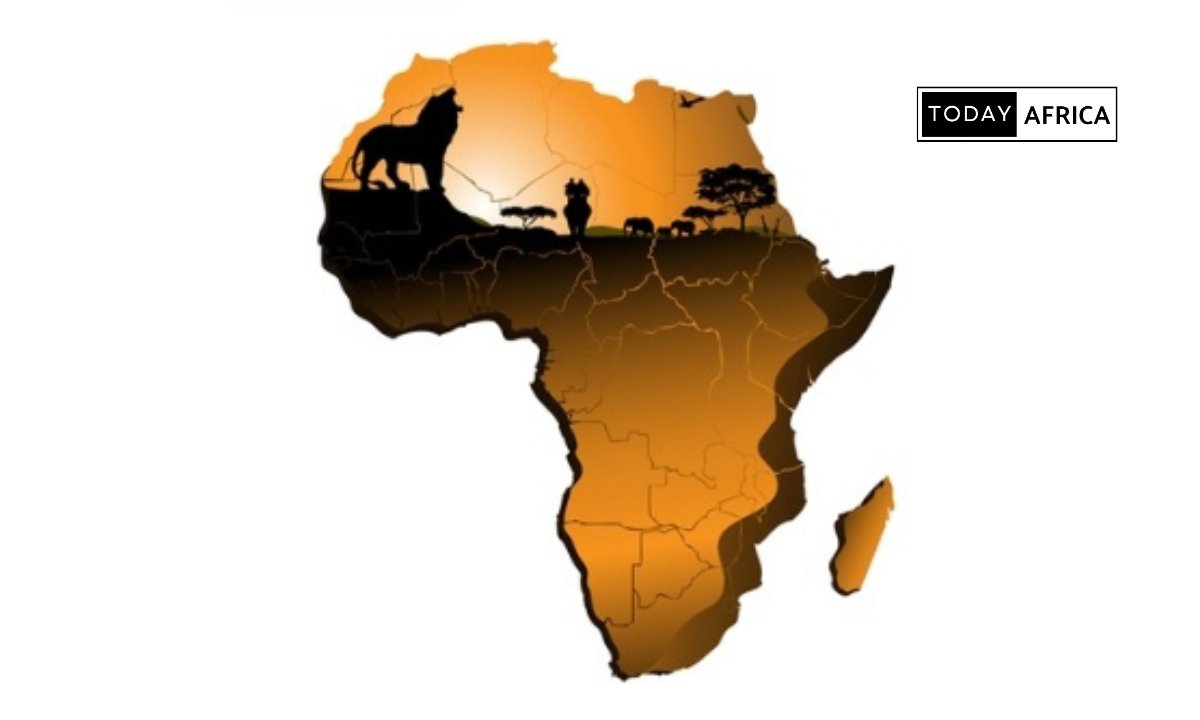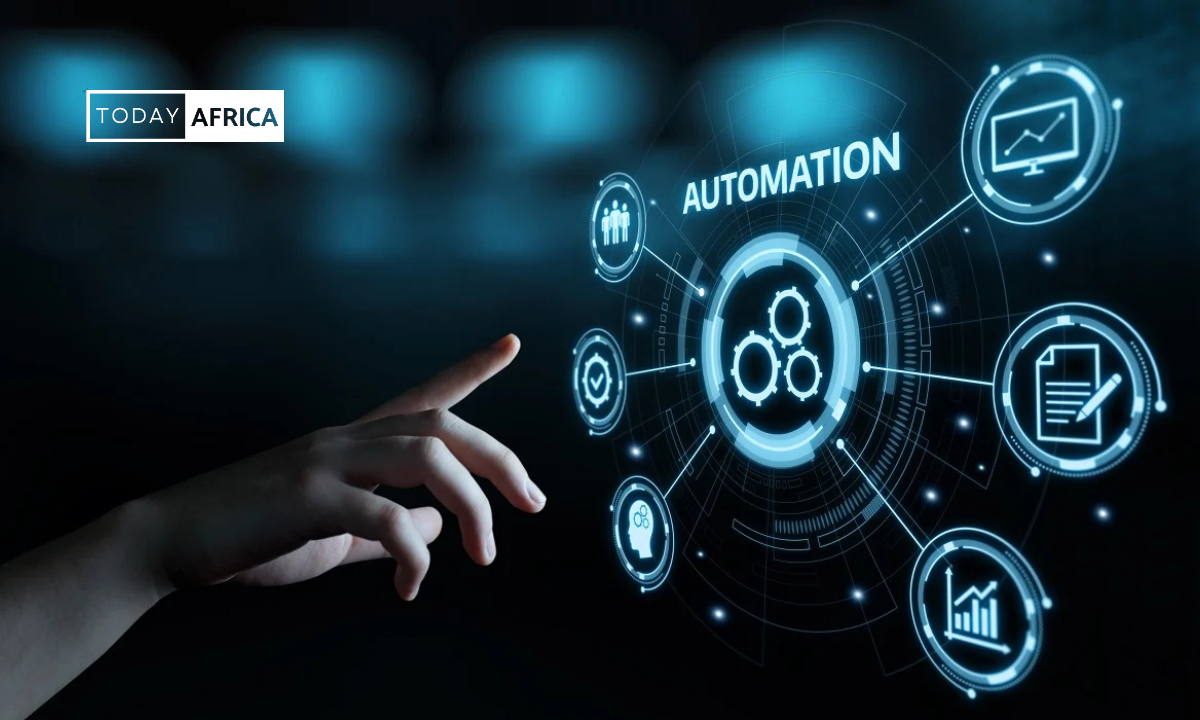As the Democratic Republic of Congo (DRC) holds its general elections this week, worries over the restriction of voters’ rights are rising. Its internet, which has allowed many Congolese access to information in the last decade, is a prime focus of the concerns.
The Central African country will go to the polls on Wednesday, December 20, 2023, for the first time since 2018, when it finally but dramatically marked a peaceful transition of power. But, given how it went down last time, it is unclear how the regime will protect citizen’s digital rights.
It is also uncertain how the incumbent administration, led by Felix Tshisekedi, will treat political dissents and handle freedom of speech online. Tshisekedi’s predecessor, Joseph Kabila, who ceded office after an unconstitutional 18-year rule, often resorted to cutting off internet access to quell rising anti-Kabila sentiments.
For 20 days during the last elections, authorities shut down internet access, branding it as an action against the spread of fake news. The censorship put millions of observers in the dark and encumbered the transmission of results from remote polling centers to central compiling centers.
In 2017 and 2018, authorities also restricted access to services like WhatsApp and Facebook to interfere with communication among protesters. This was possible, thanks to a 2002 law that allows the government to seize control of communication platforms to protect national security.
In the run-up to the expiration of Kabila’s mandate in 2016, authorities ordered the blockage of social media. Amid escalating political conflicts that sometimes resulted in violence, elections were delayed for at least two years before Tshisekedi came into power.
Since 2019 when Tshisekedi officially first became the president of the DRC, there has been no record of internet censorship in the country, in contrast to some of its Central African neighbors. However, the 5-year break has not been enough to clear public doubts.
In an open letter, digital rights advocacy group AccessNow, alongside KeepItOn —a coalition of 300 organizations in 105 countries committed to fighting internet shutdowns globally—called on President Felix to ensure citizens have access to all digital communication channels throughout the upcoming elections.
“As the people of the DRC prepare to vote, your government must adopt and prioritize measures that advance human rights, by enabling unrestricted access to information and avenues for freedom of expression, assembly, and association— both offline and online. This will also contribute to an inclusive, free, and fair election process”, the postal reads
The turnout of the elections will play a critical role in determining whether or not internet freedom has come to stay in the country.
















